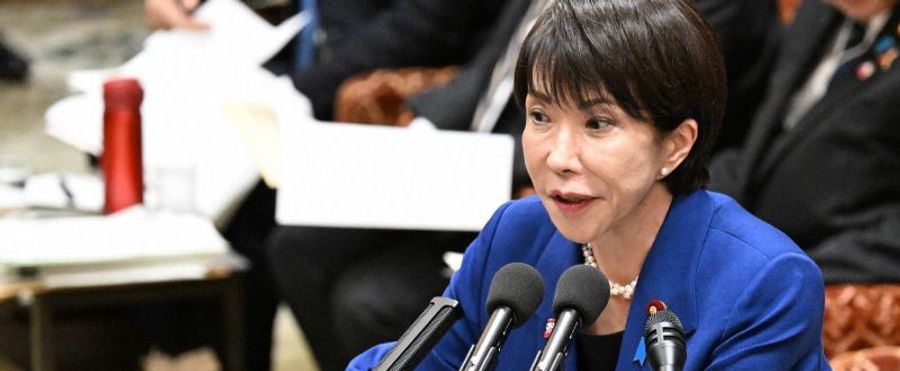Japan's Prime Minister Sanae Takaichi has issued an apology in reaction to the widespread criticism surrounding proposed cuts to the social welfare system. The proposal, brought forward as a part of an attempt to tighten government spending, has garnered intense negative response from the public and within political circles. The apology itself is seen as an acknowledgment of these concerns, though the future of the proposed cuts remains uncertain.
The social welfare system in Japan, including "seikatsu hogo" or public assistance, plays a significant role in promoting social stability by providing basic living needs for less privileged citizens. Any significant changes, especially to reduce these benefits, tend to draw severe public backlash, given the increasing number of underprivileged citizens and an aging population. The apology reflects the deeply-rooted consensus in Japan that social equality and welfare issues must be given priority.
In comparison to the US or EU, the welfare system in Japan is often seen as more extensive and compassionate. However, as seen in other developed nations, attempts to cut welfare benefits often result in strong public protests. In the US, attempts to cut social security or healthcare programs often ignite public debates and protests. Similarly, in the EU, attempts at austerity measures that impact social welfare are always met with strong opposition.

